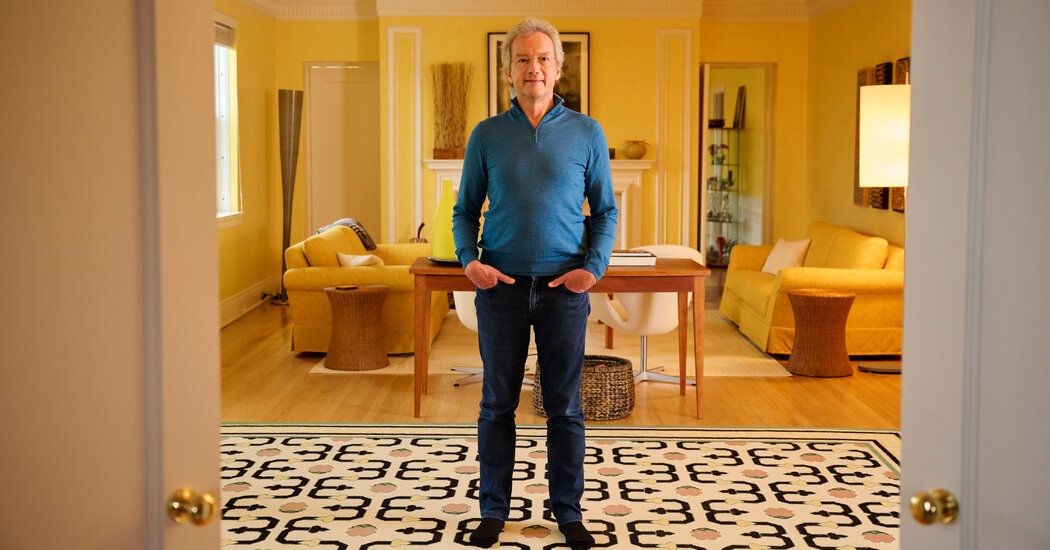Born in Upper Austria as Franz Leopold Maria Möst (the stage name came later, with “Welser” taken from his hometown, Wels), he began music by learning the violin from a nun called Sister Gerburga, who generously beat the hands of his students. with a ruler. When a new music high school opened near Linz, he auditioned, was accepted, and began studying with a view to a career in the Vienna Philharmonic.
But in 1978, returning from a performance of Schubert's Mass in G, he suffered a car accident that left him with three broken vertebrae and severe nerve damage in two of his fingers. Welser-Möst is not superstitious, but he wrote in his memoirs, From Silence, that the day of the accident was full of eerie coincidences: the car had left the icy road at the exact moment of Schubert's death, 150 years to the day. ; and he, a young man of 18, had just played a piece that Schubert wrote when he was also 18 years old. The first thing Welser-Möst heard when he woke up in the hospital? That mass. Regardless of what it all meant, he wrote: “That Sunday was a fateful day for me, to which I owe much of who I am today.”
Welser-Möst, who was already interested in conducting and could not continue playing the violin due to his hand injury, turned his attention to the podium. After a posting to Sweden, he was appointed to the London Philharmonic Orchestra. It was an unhappy mandate from the beginning. The British press called him “Frankly worse than most”, something that is laughed at today but certainly not at the time. Even after his departure to take over as musical director of the Zurich Opera, he was described in Switzerland as the “loser of London.”
The story was different in the United States, where his manager Edna Landau, whom he considers his “Jewish mom,” carefully planned its release. She had seen him conduct in Zurich in the mid-1980s and she was “impressed by her confidence, her naturalness and her incredible musical ability,” she said. Still, she added, “I took my time with him.”
His American debut, in 1989, was with the St. Louis Symphony Orchestra; He was followed by Cleveland in 1993. Requests for him to return came quickly, and when talks began for the Cleveland job, Landau and Welser-Möst weighed the decision carefully. Welser-Möst wanted to cultivate an environment like the one he grew up in, with music integrated into education and the daily life of a community.
It's a lofty goal, but a common one among American orchestras, and one Welser-Möst has taken seriously over the past two decades in Cleveland. He lives there for much of the year (rather than flying there for short engagements), getting involved in community programs and collaborations, getting involved in politics, and befriending local luminaries like rock music host Jules Belkin.











